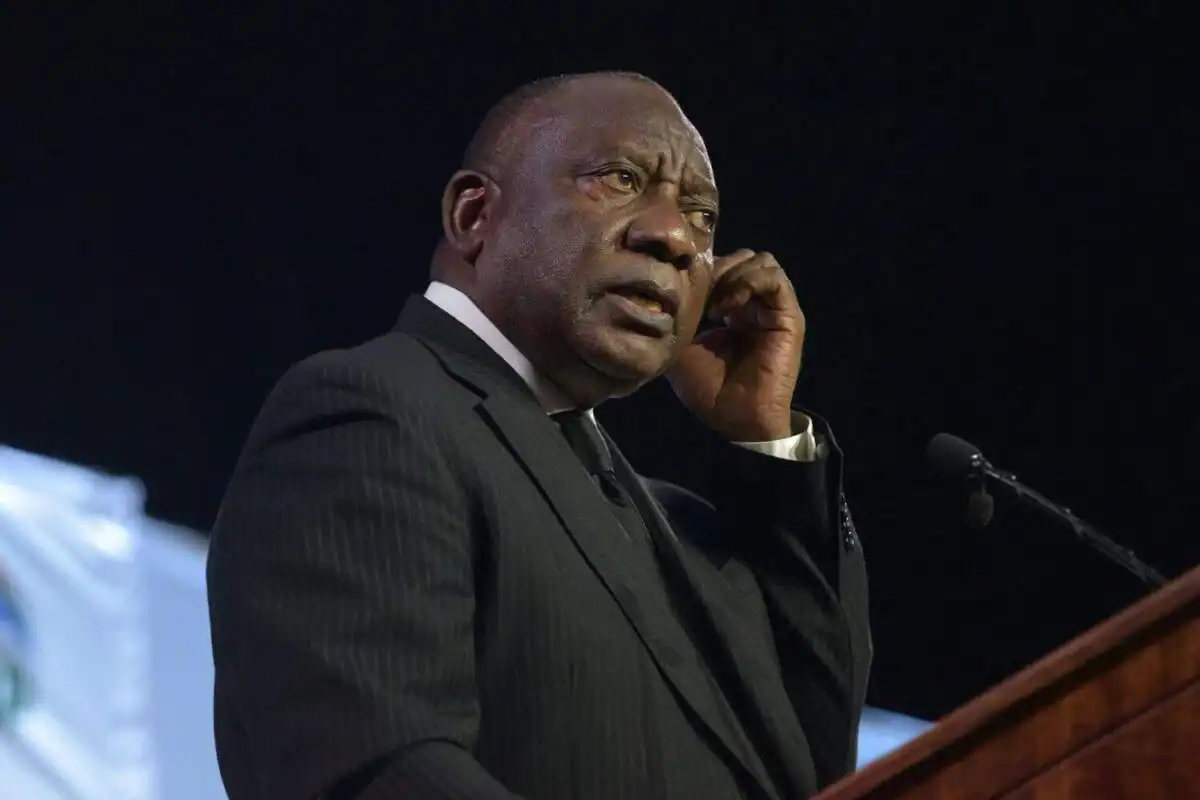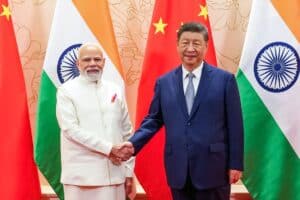The new thresholds raise the donation disclosure limit to R200 000 and the annual donation cap to R30 million.

Political parties will now get more money from donors without disclosing it to the public.
This after President Cyril Ramaphosa doubled the threshold for disclosure – a move seen as opening a loophole for the parties to be more secret about donations and sources of funding.
Election monitors condemn secrecy loophole
Election monitors are crying foul and roundly condemned the increase, saying this will lay a foundation for corruption.
One election monitor accused Ramaphosa of just accepting what was proposed by the National Assembly.
This came against the backdrop of concerns that some political parties have already failed to disclose their funding, in violation of Political Party Funding Act provision.
Donation thresholds doubled
Ramaphosa signed the gazette proclamation on Monday, taking the disclosure threshold for parties’ annual donation limit from R15 million to R30 million.
The hike also took new disclosure threshold to R200 000, up from R100 000.
But civil society election watchdog, My Vote Counts, which is challenging discretion to issue such increase in court, does not think this is a good idea.
ALSO READ: Coalition politics reveal deep contradictions
fears of donor influence
“This will deepen secrecy in political funding and make it easier for private interests to influence our politics and for corruption to occur,” said My Vote Counts project lead on money in politics, Joel Bregman.
Bregman and fellow election analyst Michael Atkins were concerned that Ramaphosa seemed to have relied on a resolution adopted first by the portfolio committee on home affairs and then the National Assembly which, as Bregman said, “does not strike such a balance” between ensuring parties were adequately funded and that such funding was regulated and mitigated.
“The impact of a higher disclosure threshold and donation limit is that we will have more secrecy in political funding,” he said.
“The details of all donations under R200 000 will not be known to the public. This is an enormous sum for most South Africans and donations of such amounts should be made public knowledge to facilitate scrutiny of parties’ relationships with donors and ensure donors are not receiving anything in return.”
‘Wealthy individuals dominate private political funding’
He said the state had never provided a legitimate reason why all donations should not be disclosed to the public.
“The last four years of disclosure data show that a handful of wealthy individuals dominate our private political funding landscape,” he said.
“Doubling the amount a donor can donate to a party in a year to R30 million will give donors an even greater ability to have an outsized influence.”
Bregman said it will also make parties more susceptible to undue influence.
ALSO READ: Shivambu to consult King Misuzulu Ka Zwelithini about the formation of his new political party
“Because the law does not regulate donations from related parties through legal entities they control, wealthy donors can now have an even more significant impact,” he said.
Concerns over presidential discretion and process
Bregman said when the opportunity arose as it happened, My Vote Counts was hopeful that parliament would remedy the limits to make them fit for the South African context.
Atkins said there was no clear basis for the extent of the increases, “which is very much higher than an inflation-linked calculation would give [from the time that the Political Funding Act came into force].
“For the reporting threshold, the Act gives the president complete discretion [which is being challenged by My Vote Counts in court]. With the donation limit, there are various factors that the president must take into account although, thereafter, he does have discretion,” Atkins said.
He was concerned that Ramaphosa relied heavily on the National Assembly proposal.
“This is an issue, as the National Assembly’s views are not listed in the Act as factors to consider [although it is not forbidden]. Using the National Assembly suggestion for the increase in the donation limit creates the question as to whether the president applied his mind to the decision as required by the Act,” Atkins said.
“The National Assembly decision was not legally wrong, given that the Act does not require them to make suggestions, but it raises the question why there were public hearings and an investigation.”
NOW READ: Jobs crisis: Political parties demand accountability for rising unemployment
Support Local Journalism
Add The Citizen as a Preferred Source on Google and follow us on Google News to see more of our trusted reporting in Google News and Top Stories.








